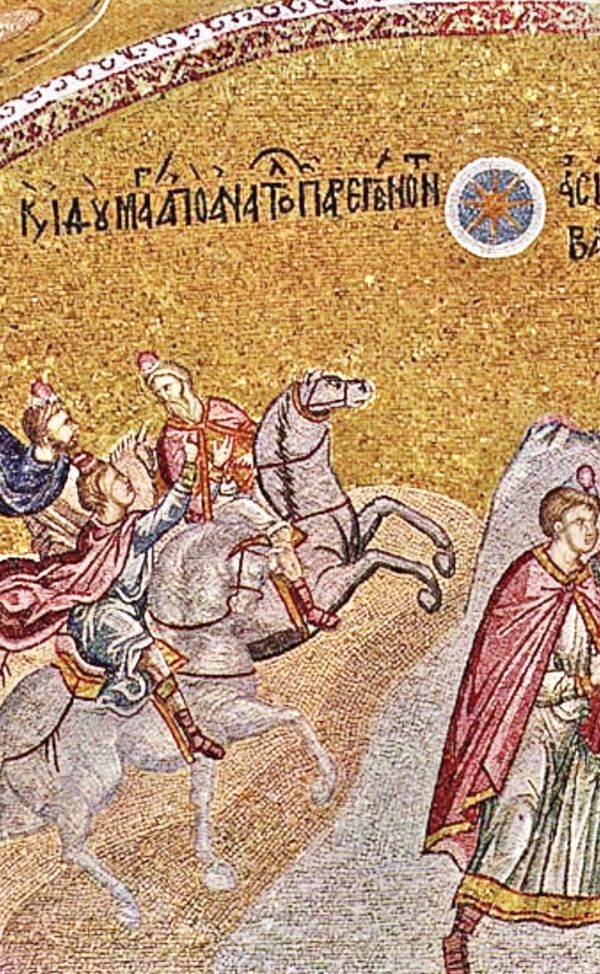Childbirth and Manifestation
(Mt 2:1-12)
Mt writes in the 80s for the third generation worshippers. It is a time when he sees that in the first communities the pagans entered in droves, while precisely those who for centuries had been waiting for the Light to which they seemed so fond were disdainfully rejecting it.
The narrative of the Epiphany draws inspiration from what was happening before the eyes of believers at the end of the first century.
People who have always had the habit of waiting, by now they did not wait or see anything. They had become so accustomed to ancient expectations that they no longer imagined that they could have a real Encounter with the Newness of God.
The impact of those who honestly were looking for the Star was quite different: a distinct approach, albeit in precarious balance, which nevertheless allowed indeed the distant ones on the way to ask the right questions.
Without interests to defend, the new seekers of God were still on the march, they were moved away from all the ancient shackles and from their own ideas. Without respite they walked a long and new Way.
They were not just looking for quietist reassurances. They understood that the Treasure of God is in a Journey, for a not mediocre wonder; all of Origin.
While addressing religious authorities and experts in the ancient Scriptures (vv.1-2), authentic pilgrims continued to head forward.
In this way, flying over the habitual fences of respect for roles, social prominence, conformist interpretation.
But if the throne feared for its power, the temple was afraid of losing the exclusivity on God, then hegemony over consciences.
[In the Gospels, thrones and altars are under the banner of supremacy, strength, dowry, deception: here vv.3-4].
However, the Explorers did not submit to ceremonies of established verticism, nor to the influence of a fake uniformity.
Thus receiving the Radiance of Christmas Revelation: God is not a ruler, but unarmed. Tender and Small, among defenseless.
By tradition, the people of Messianic promises were considered to be awarded a regal, priestly and sponsal dignity.
These Gifts [gold and incense and myrrh: v.11] are now passed on to people of any cultural background.
Pope Francis would perhaps mention those who are endowed with a «freewheeling intuitions» - remote, «effective» treasures, so precious for the synodal path (and equally neglected) [Speech September 18, 2021].
In short, the seekers of God are called and drawn from an unthinkable geography and history, because they remain the only ones who have the liver to constantly embark on a different route: «other Way» (v.12).
Because the normality of the dictated courses kills life - annihilating the spirit of adventure and surprise that bothers to dive into the present.
And those born from wave to wave produce healthy opportunities.
The Lord knows to what potentialities of good the even more embarrassing creatures can be converted, and chaises them.
At some point in our journey - then from time to time - we will understand that the discomfort of exploration had the function of bringing to light the Child in us, hidden and misjudged.
In short, some "religious" defects make us Unique, Special. They guide us to venerate that Frugolus present, who is complicit in us.
They bring us Home, our very own.
[Epiphany of the Lord, January 6]












